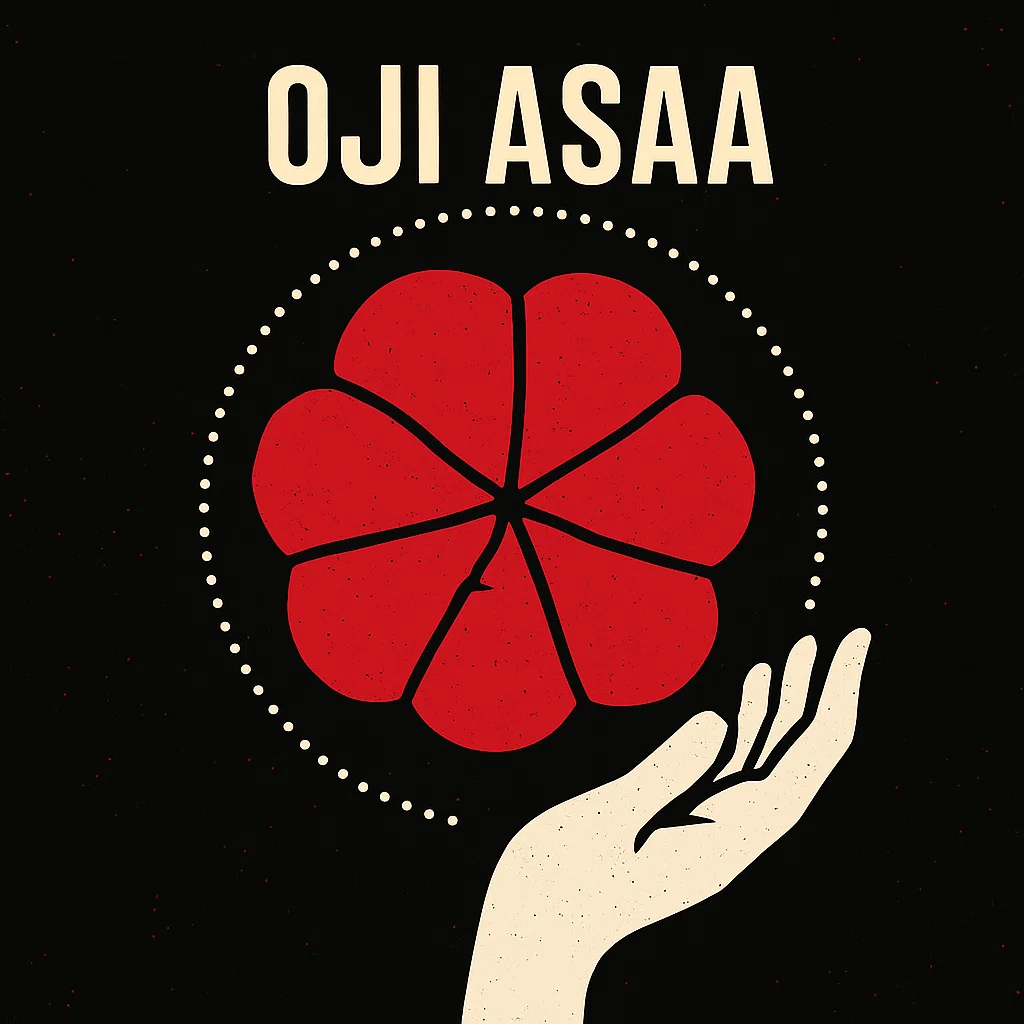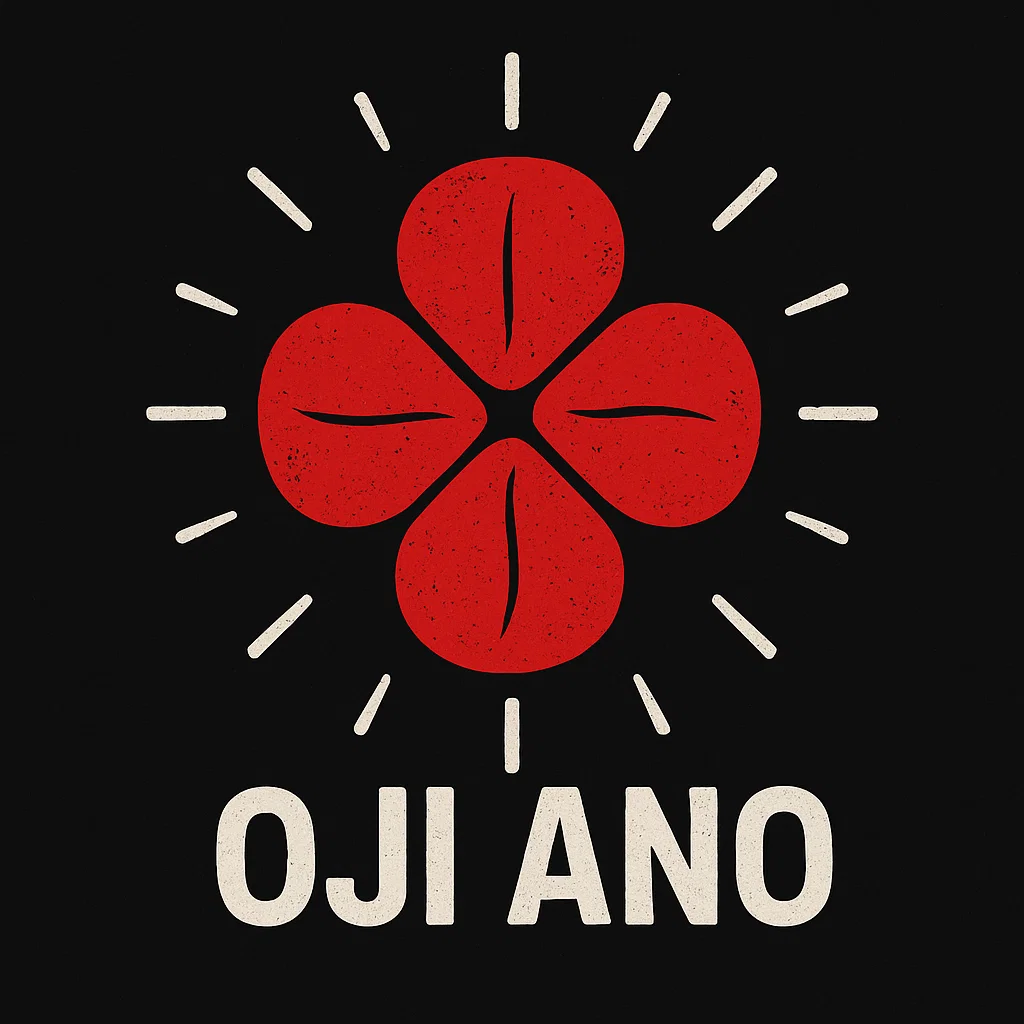Welcome to Faculty of Igbo Traditional Studies!
Explore our growing collection of 100+ exclusive teachings and resources on Igbo cosmology, Igo mmuo, Ezumezu mmuo (Spirit guides), and Odinani rituals.
Search results will show you available teachings organized by category for easier navigation.
Oji Asaa: Significance of Seven-lobed Kola in Igbo Tradition
The seven-lobed kolanut, Oji Asaa, is one of the rarest and most spiritually potent symbols in Igbo tradition. Regarded as the kolanut of perfection, it represents a divine union between the earthly and spiritual realms. Its appearance is seen as a cosmic alignment and a sacred confirmation of total blessing, balance, and favor. Whenever this kolanut is broken, it calls for joyful celebration and gratitude, as it is believed to herald rare fortune, answered prayers, and the presence of ancestral approval.
Oji Ogbugba ndu: Significance of Six-lobed Kola in Igbo Tradition
The six-lobed kolanut, known as Oji Ogbugba Ndu, is revered as the “kolanut of covenant.” It signifies deep communion between the living and the ancestors. With its six lobes — often seen as a double reinforcement of spiritual power — this kolanut is believed to mark divine approval, ancestral presence, and the sealing of sacred ties. In traditional rites, the smallest lobe is never eaten but offered to the ancestors, affirming that life is shared across generations and that the unseen world walks beside the living.
Oji Omumu: Significance of Five-lobed Kola in Igbo Tradition
The five-lobed kolanut, known in Igbo tradition as Oji Omumu, the Kolanut of Increase, is a sacred symbol of fertility, prosperity, and growth. Associated with procreation, productivity, and divine favor, it is revered as a powerful omen of abundance. Its five lobes mirror the human form and the five fingers, representing the completeness of effort and the potential for thriving in life. The appearance of Oji Omumu in any scenario is taken as a sign that the path ahead is blessed with success, expansion, and lasting legacy.
Oji Aka Ano: Significance of Four-lobed Kola in Igbo Tradition
In Igbo tradition, the four-lobed kolanut is a powerful symbol of peace, unity, and spiritual balance. Representing the four Igbo market days (Eke, Orie, Afo, Nkwo) and the cardinal directions of the earth, this kola variety is revered as a sign of divine approval and communal harmony. It is the kola of the people — Oji Ezinaulo — uniting men and women, families and ancestors, in a shared blessing. At weddings, family gatherings, ancestral rites, wherever it shows up, the four-lobed kola affirms the presence of peace, completeness, and ancestral alignment.
Oji Ogbi: The Significance of One-Lobed Kola in Igbo Tradition
In Igbo tradition, the significance of kola nuts vary according to the number of lobes they have. Among them, the rare Oji Ogbi, the one-lobed kola nut, stands apart as a sacred anomaly. This Oji gbara otu is never eaten, only revered. Believed to belong solely to Chukwu, the Supreme Spirit, its appearance is seen as a powerful omen. This teaching explores the deep cultural and spiritual significance of Oji Ogbi.
Oji Ikenga: The Signficance of Three-Lobed Kolanut in Igbo Culture
In Igbo spirituality, the three-lobed kolanut, known as Oji Ikenga, is associated with the spirit of Ikenga, the force of willpower and masculine energy, this unique kola nut configuration is revered in rituals, blessings, and ancestral offerings. Regarded as the first truly positive omen among kolanuts, Oji Ikenga embodies Igbo reverence for spiritual balance, action, and ancestral guidance. This teaching explores its cultural and metaphysical significance.








